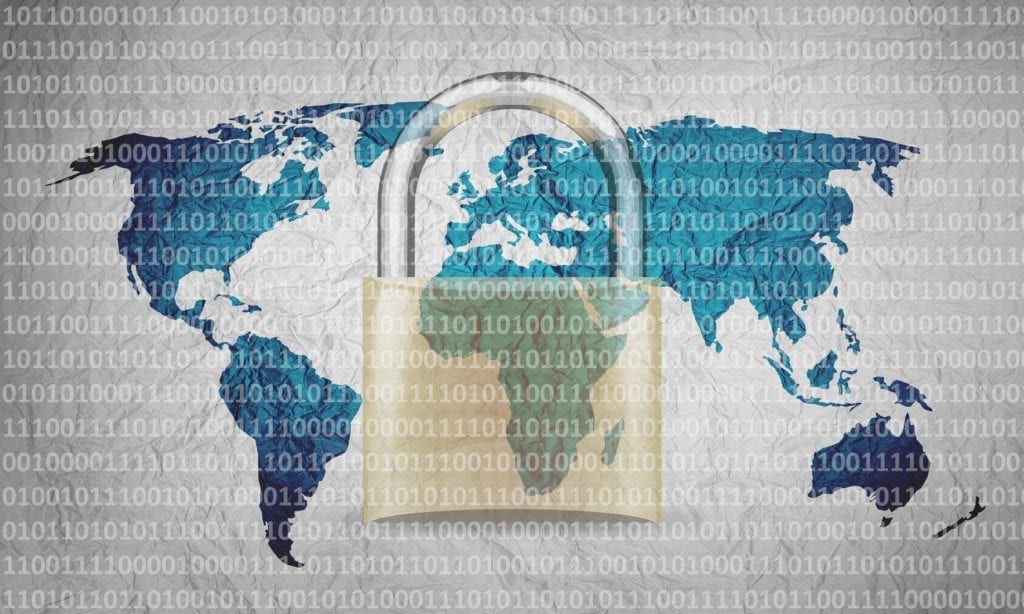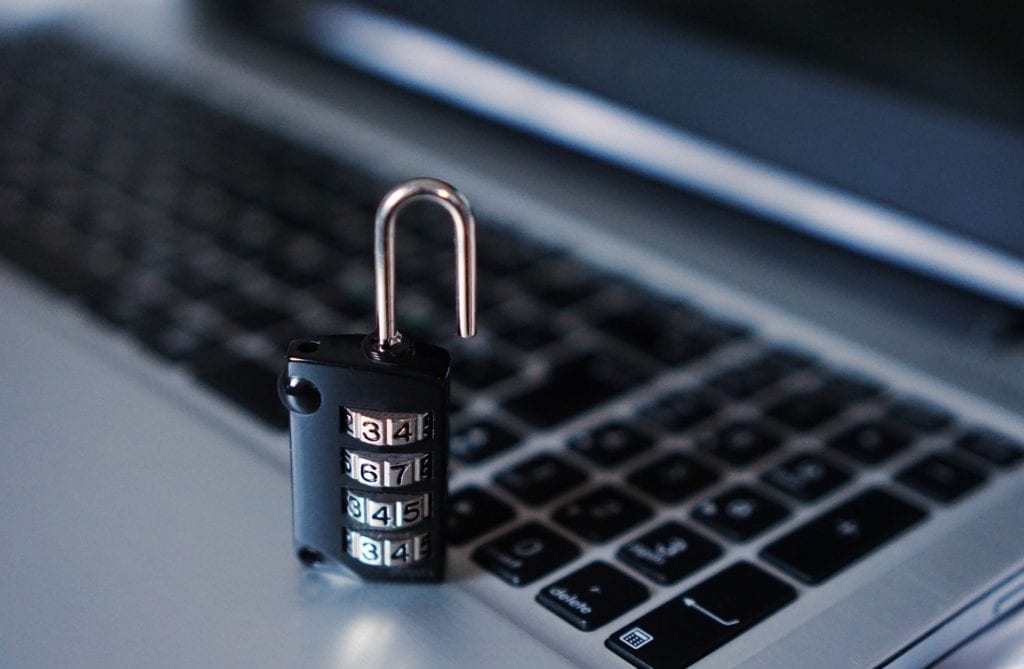A cybersecurity plan defines your small business’ security policies and how you respond during cyber attacks on your website, databases, and network. It prevents future data breaches, malware attacks, or phishing scams.
As a small business owner, you should include the best rules in your cyber security plan and policies. Below are the best cyber security practices:
Perform Regular Cybersecurity Awareness Training
Small business owners are busy individuals who would rather spend time checking on their sales ledger. However, you shouldn’t forget about cyber security, especially if you have a website to run or e-commerce where you do all your small business transactions.
Furthermore, you must have regular awareness training on cyber security when you have employees who use your network.
Do you know that a simple error can cause data breaches to your small business? Thus, A simple recognition of cyber security threats such as a phishing email or data breach can go a long way. It could save your small business from massive financial losses.

Use Strong Passwords
A strong password deters cyber attacks because these will make hackers and attackers in creating a sophisticated system for password hacking. You know how hard it is to create applications such as this.
A strong password would often contain at least 10 characters. It is a combination of alphabets, numbers, and special characters. Include lower and uppercase on the alphabets to make the password more complex.
Lastly, an excellent password is something cybercriminals will have a hard time guessing. Still, this password makes sense to you and it’s not easily forgotten. We encourage you to change your passwords regularly. It could be quarterly or monthly, even.
Create Multi-Factor Authentication
If your employees log in with a user account to a small business network, you should implement multi-factor authentication. This layer adds protection to your organization’s sensitive information. It strengthens your network security.
Aside from passwords, the employees receive an authentication code to their devices or business email before they can log-in completely to your network. This can prevent multiple log-in on different devices.
Secure Wi-Fi in a Small Business Network
Network security policies should include how you can encrypt your wi-fi, business websites, and databases. You and your employees should use a VPN for remote access. A VPN can protect your sensitive data.
So, choose a trusted VPN for your small business. Many VPN companies would often charge a service fee for a premium subscription. We know that a free VPN is cost-effective. However, if you’re dealing with sensitive data, it’s beneficial to invest in a good VPN service.
Update Your Security Software
A cyber attack happens because small businesses fail to update their antivirus software on their computers or security plug-ins on their websites. Thus, make sure your anti-malware software and plug-ins are up to date.
In your cyber security plan and policies, define a specific date or allot some time to check if these security measures are in place. Most of the time, you or your team fail to follow instructions when the software notifies you about security updates.

Back up Your Files Regularly
When we are talking about backup files, we are referring to databases and website files. In your security plan, identify how regularly you back-up your files to an external hard drive or on the cloud. Define which files would be saved on an external hard drive or in the cloud.
For example, your website files should have at least two separate back-up sources. One would be offsite access such as a security company specializing in website backup. Another would be an external hard drive.
Having a backup file for your website and database will save you from catastrophic results. You can save time restoring your files and be back to business immediately.
Monitor Your Website Information
Small businesses, particularly their business websites, get attacked at least 60 times every day. Imagine some desperate individuals trying to access your websites? This cybersecurity risk can place your website to data vulnerabilities.
Avoid falling victim to suspicious activities, brute force attacks, and other common data hacking tasks. Monitor your website information regularly. Alternatively, hire someone to do these tasks for you.
Protect Your Information and Website
Install a business security plug-in on your website and a firewall in your small business network. Keep these security plug-ins updated, so your website and the network are free of vulnerabilities. With a strong security plug-in, no one can access your site that easily.
Other ways of protecting your website are already mentioned above. Let’s have a recap here:
- regularly update your password
- install an updated version of your security software
- back-up your files
These tasks in your cyber security plan might be routine and tedious sometimes, but you need to implement these critical precautions.
Design a Cyber Attack Response Plan
Every small company or business needs a cyber attack response plan. Detailed response actions in a cyber security plan prevent impulsive decisions and reduce panic during a cyberattack.
This business security plan prepares you and your team. When you encounter cybersecurity threats, you know what you’re doing because the actions are clearly laid out for you.
Whether you’re preparing the business cybersecurity plan or someone else does it for you, ensure you understand the details.
Part of the cybersecurity plan is to inform your customers about these attacks and your recovery methods. You should designate an employee to avoid miscommunication. This employee must be trained enough to handle questions from customers.

Invest in Cyber Security Systems
Smaller businesses often hesitate to enhance their business security system. A business security system may range from affordable to expensive, but because of financial constraints, a business owner often forgoes it.
However, small businesses should invest in these cyber security systems. These business security systems prevent malware from infecting your website, protect your critical data, or save your business from becoming the next victime.
Conclusion
Small businesses are prone to cybersecurity threats and data/information breaches every day. Many fall victim to these unscrupulous people who just want to extort money. So, take the time to create a business cybersecurity plan. You can either do it yourself or get the help of an expert in this field.
There are numerous, legit companies out there. They will do their best to provide the security you need for your e-commerce site. Just send us an email and inquire about website updates and security.

